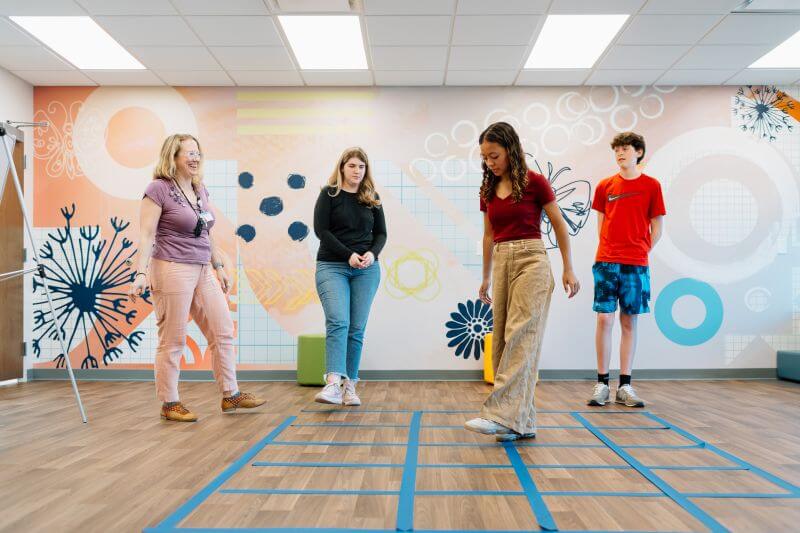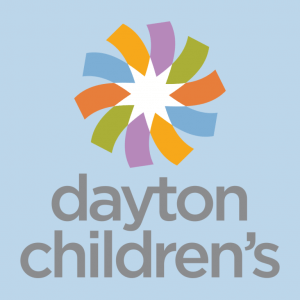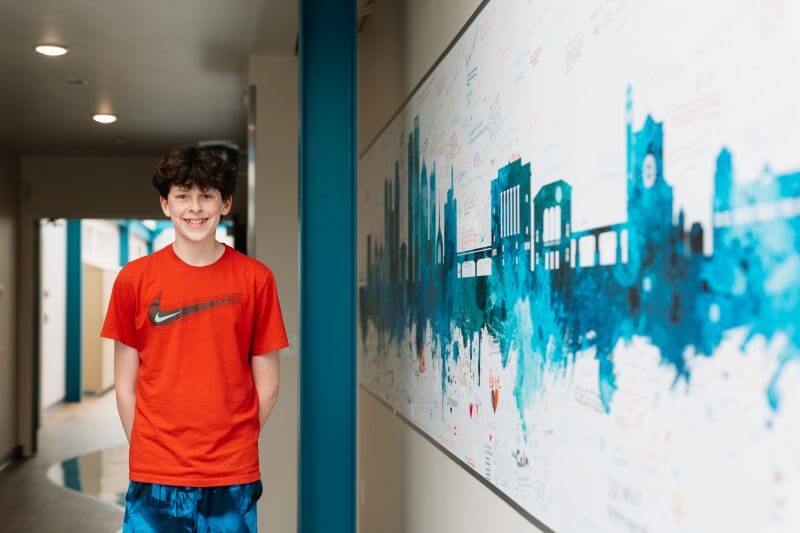Dayton Children’s Hospital
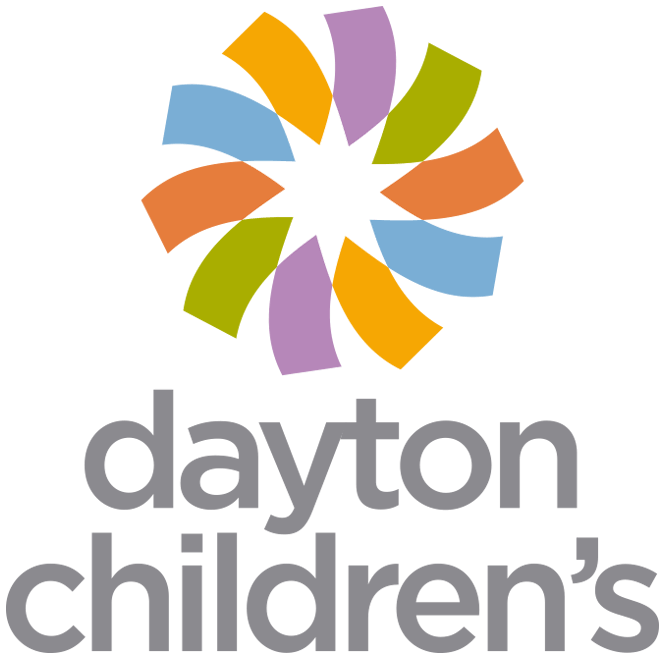
Dayton Children's Day Treatment Program
Area Served: 20-county region in southwestern Ohio
Population Served: Adolescents, aged 12-17
Two and half years of tremendous growth
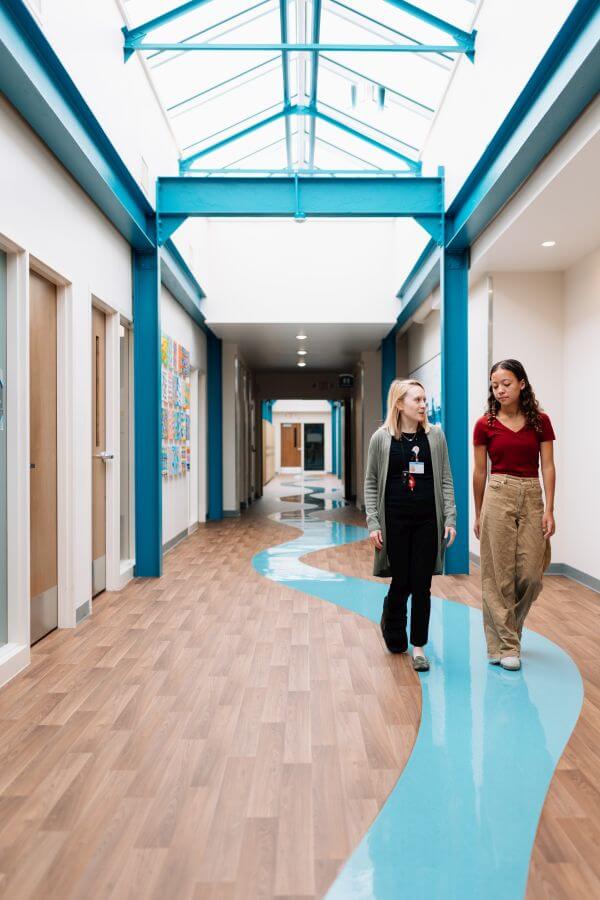
Program Highlight
We utilize evidenced-based models (DBT, TF-CBT and CBT) in a clear, structured manner that allow for patients to truly understand how coping skills, communication skills and strength-based programming can postively impact their life today. The staff are highly effective in creating an environment in which patients feel safe sharing their struggles and hopes for change. The Dayton Children's day treatment staff provide trauma-informed care. The team works closely to identify a patient with trauma, determine the child's triggers and work to proactively set that patient up for success. We utilize data to measure how our interventions impact change across a symptom checklist. We also involve the entire family in the care process, for example, providing each patient's family with a list of skills the patient will be learning in the program so that the family and patient are all on the same page when it comes to knowing what each skill is and when it is used.
Program Outcomes
We have seen a consistently high reduction in symptoms related to depression and anxiety. Our use of evidence-based interventions and the consistency with which we teach and reinforce skills enables patients to learn, practice and implement coping strategies while in the program. Our commitment to staying "strength based and skills focused" has resulted in impressive symptom reduction and improved family interaction.
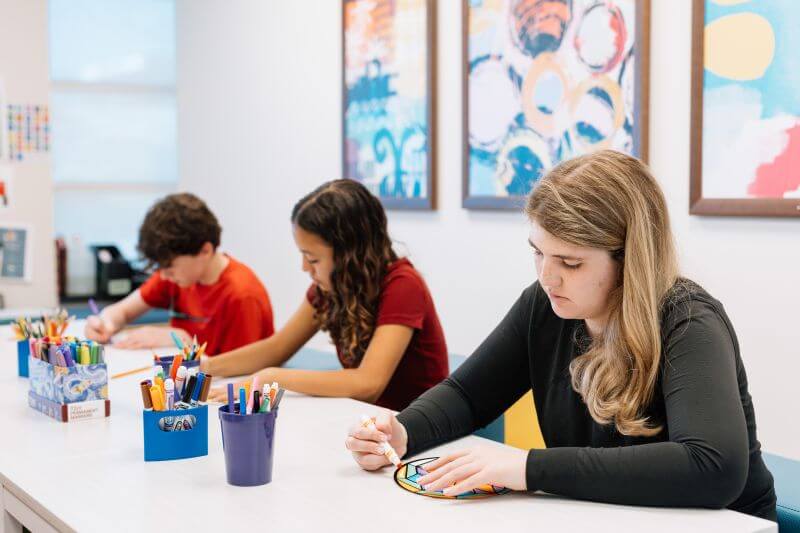

Staff Highlight - Karen Scott-Pine
Karen is experienced, skilled and well versed in the diganosis and treatment of mental and emotional disorders in adolescents. Karen's overall knowledge and skilled apprach to the evidence-based interventions used in the program show a consistent positive impact on the patients she interacts with and their families. Karen genuinely enjoys her job and creates a fun and safe enviornment for our program's youngest patients. Karen builds rapport quickly and efficiently and identifies areas of strength and growth to work on during her patient's three week stay. Karen is a team player and makes a point to be available for her co-workers for consultation. Karen offers innovative ideas to continuously improve the program. Her steadiness and ability to think quickly in a crisis provide a road map for other staff on how to manage the sometimes hectic pace of a partial hospitalization program.
Program Description
We have seen a consistently high reduction in symptoms related to depression and anxiety. Our use of evidence-based interventions and the consistency with which we teach and reinforce skills enables patients to learn, practice and implement coping strategies while in the program. Our commitment to staying "strength based and skills focused" has resulted in impressive symptom reduction and improved family interaction.
